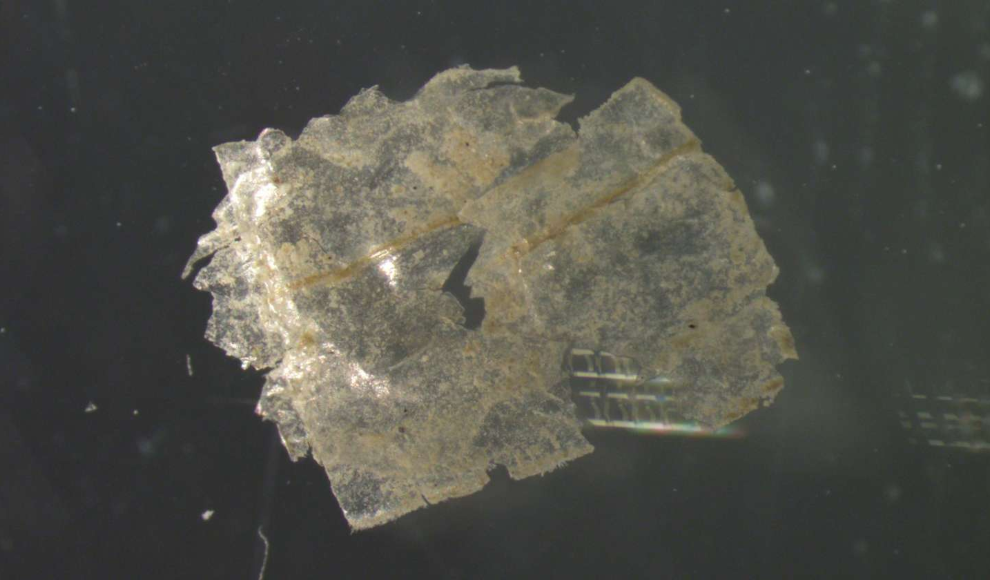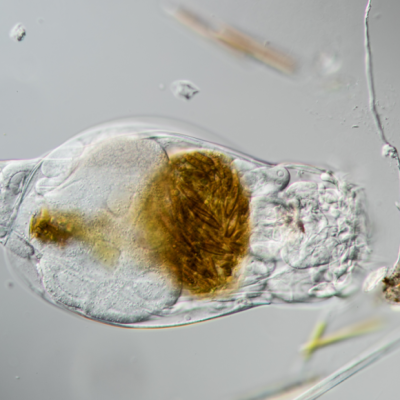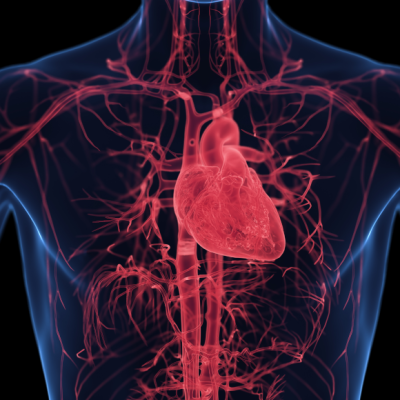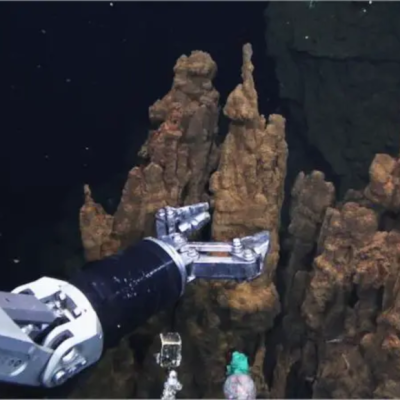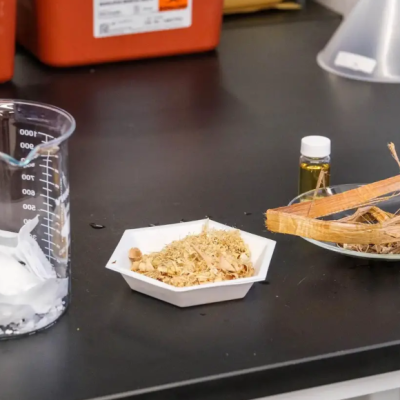The deep sea is even more contaminated with microplastics than previously thought, according to a study by the Senckenberg Society for Nature Research, the Goethe University Frankfurt, and the Alfred Wegener Institute. The researchers took sediment samples from the Kuril-Kamchatka Trench in the western Pacific in 2016 and found between 215 and 1596 microplastic particles per kilogram of sediment. This is significantly more than previously detected. The majority of the plastic particles come from plastic waste that is illegally dumped in the oceans and is broken down by ocean currents over time. The deep sea is becoming a dumping ground for this waste, with estimates suggesting that 2.4 to 4 million tonnes of plastic enter the oceans each year.
The study’s findings highlight the dynamic nature of the deep sea, with currents, eddies, and deep-sea organisms constantly moving microplastics in the sediment. The researchers took 13 samples from seven different stations in the trench, at depths between 5740 and 9450 meters, and found that none were free of microplastics. The study’s lead author, Serena Abel, said that they did not expect to find such a large amount of microplastics in the sediment. The study’s co-author, Angelika Brandt, said that the deep sea was previously thought to be a stable environment where microplastics would accumulate and remain in one place. However, the study’s findings show that the deep sea is a dynamic environment where microplastics are constantly in motion.
The study’s findings have implications for the health of marine ecosystems and human health. Microplastics can be ingested by marine organisms and enter the food chain, potentially causing harm to both marine life and humans who consume seafood. The study’s authors call for urgent action to reduce plastic waste and prevent it from entering the oceans. They also call for more research to understand the impact of microplastics on marine ecosystems and human health.


